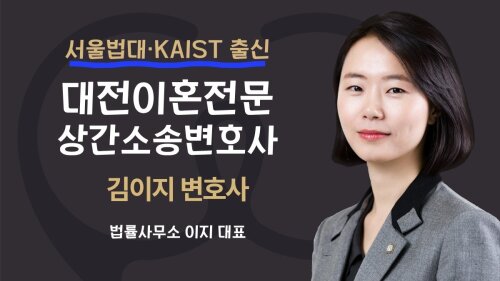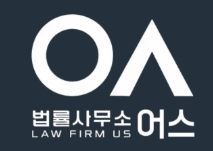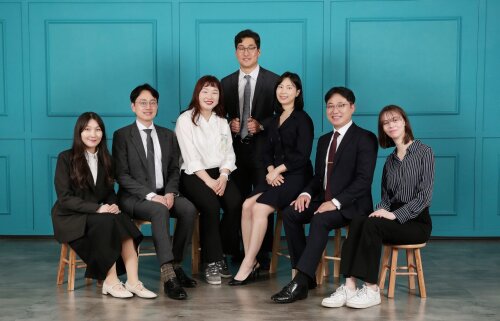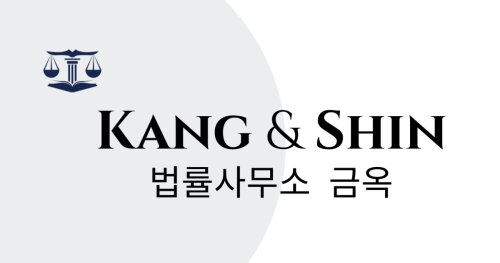Best Adoption Lawyers in South Korea
Share your needs with us, get contacted by law firms.
Free. Takes 2 min.
Free Guide to Hiring a Family Lawyer
Or refine your search by selecting a city:
List of the best lawyers in South Korea
About Adoption Law in South Korea
Adoption in South Korea is governed by a comprehensive legal framework designed to ensure the welfare and rights of all parties involved, especially the child. South Korea has historically been a significant source of international adoptions, although domestic adoptions are increasingly encouraged to retain cultural and familial connections. The legal process involves several steps, including approval from agencies and the Family Court, ensuring the child's best interests are the paramount consideration.
Why You May Need a Lawyer
There are several situations where seeking legal advice in the field of adoption may be necessary:
- Understanding intricate legal requirements and paperwork involved in the adoption process.
- Handling any disputes or complications that may arise, such as conflicts between birth parents and adoptive parents.
- Ensuring compliance with domestic and international adoption laws.
- Guidance on the eligibility and evaluation process for prospective adoptive parents.
- Assistance with the legalization of adoption, including representing clients in court.
Local Laws Overview
Several key aspects of South Korean adoption laws are crucial for prospective adoptive parents to comprehend:
- Eligibility: Adoptive parents must meet stringent eligibility criteria, including marital status, age, and financial stability.
- Home Study Requirement: A comprehensive home study is mandatory for prospective adoptive parents to evaluate their suitability.
- Consent: Birth parent(s) must provide consent for the adoption, which can involve legal complexities if one parent is absent or unknown.
- Inter-country Adoption: Regulations concerning inter-country adoptions comply with international treaties such as The Hague Adoption Convention.
- Finalization of Adoption: The adoption must be legalized in the South Korean Family Court.
Frequently Asked Questions
What are the primary requirements for adopting a child in South Korea?
Eligibility criteria include age, marital status, and financial stability of the adoptive parents, as well as completion of a home study.
Can single individuals adopt in South Korea?
Single individuals may face more stringent requirements than married couples but are not outright disqualified from adopting.
What is the role of a home study in the adoption process?
A home study is a thorough evaluation by a licensed agent to determine the suitability of prospective adoptive parents.
How long does the adoption process typically take?
Adoption can take from several months to a few years, depending on various factors, including the specific circumstances of the adoption and compliance with all regulations.
Is it possible to adopt a child from South Korea internationally?
Yes, South Korea allows international adoption, but it requires adherence to both South Korean laws and those of the adoptive parent's home country, along with The Hague Adoption Convention.
Do adoptees have access to information about their biological parents?
Access to biological parents' information can be restricted to protect privacy, but procedures allow some background information upon request under specific conditions.
Are there any support services available for adoptive parents in South Korea?
Various support services exist, including counseling and support groups through agencies and NGOs, to aid adoptive parents throughout and after the adoption process.
What legal documents are required for the adoption process?
Documents typically required include identity verification, marriage certificates (if applicable), proof of income, health statements, and the home study report.
How does the finalization of adoption occur legally?
The finalization requires a legal procedure in the South Korean Family Court, where all documentation is reviewed, and adoption is formally approved.
What is the legal impact of adoption on the child's status?
Upon adoption, the child legally becomes the child of the adoptive parent(s) with all rights and privileges as if born to them, terminating the legal rights of the biological parents.
Additional Resources
For those seeking further information or legal assistance, the following resources may be helpful:
- Ministry of Health and Welfare: The government body overseeing adoption regulations and standards.
- Korea Adoption Services: Provides support and guidelines for adoptive parents.
- Holt Children's Services: A leading agency in both domestic and international adoption.
- Dongcheon Foundation: Offers volunteer legal services, including adoption-related advice.
Next Steps
If you need legal assistance in adoption, consider taking the following steps:
- Contact a licensed attorney specialized in family and adoption law in South Korea.
- Gather all relevant documents and information regarding your adoption intentions or issues.
- Schedule a consultation to discuss your specific situation and receive personalized guidance.
- Follow through with the attorney's advice and suggestions for completing necessary legal processes.
Seeking professional legal assistance can provide clarity and confidence as you navigate the complex but rewarding journey of adoption in South Korea.
Lawzana helps you find the best lawyers and law firms in South Korea through a curated and pre-screened list of qualified legal professionals. Our platform offers rankings and detailed profiles of attorneys and law firms, allowing you to compare based on practice areas, including Adoption, experience, and client feedback.
Each profile includes a description of the firm's areas of practice, client reviews, team members and partners, year of establishment, spoken languages, office locations, contact information, social media presence, and any published articles or resources. Most firms on our platform speak English and are experienced in both local and international legal matters.
Get a quote from top-rated law firms in South Korea — quickly, securely, and without unnecessary hassle.
Disclaimer:
The information provided on this page is for general informational purposes only and does not constitute legal advice. While we strive to ensure the accuracy and relevance of the content, legal information may change over time, and interpretations of the law can vary. You should always consult with a qualified legal professional for advice specific to your situation.
We disclaim all liability for actions taken or not taken based on the content of this page. If you believe any information is incorrect or outdated, please contact us, and we will review and update it where appropriate.
Browse adoption law firms by city in South Korea
Refine your search by selecting a city.

















